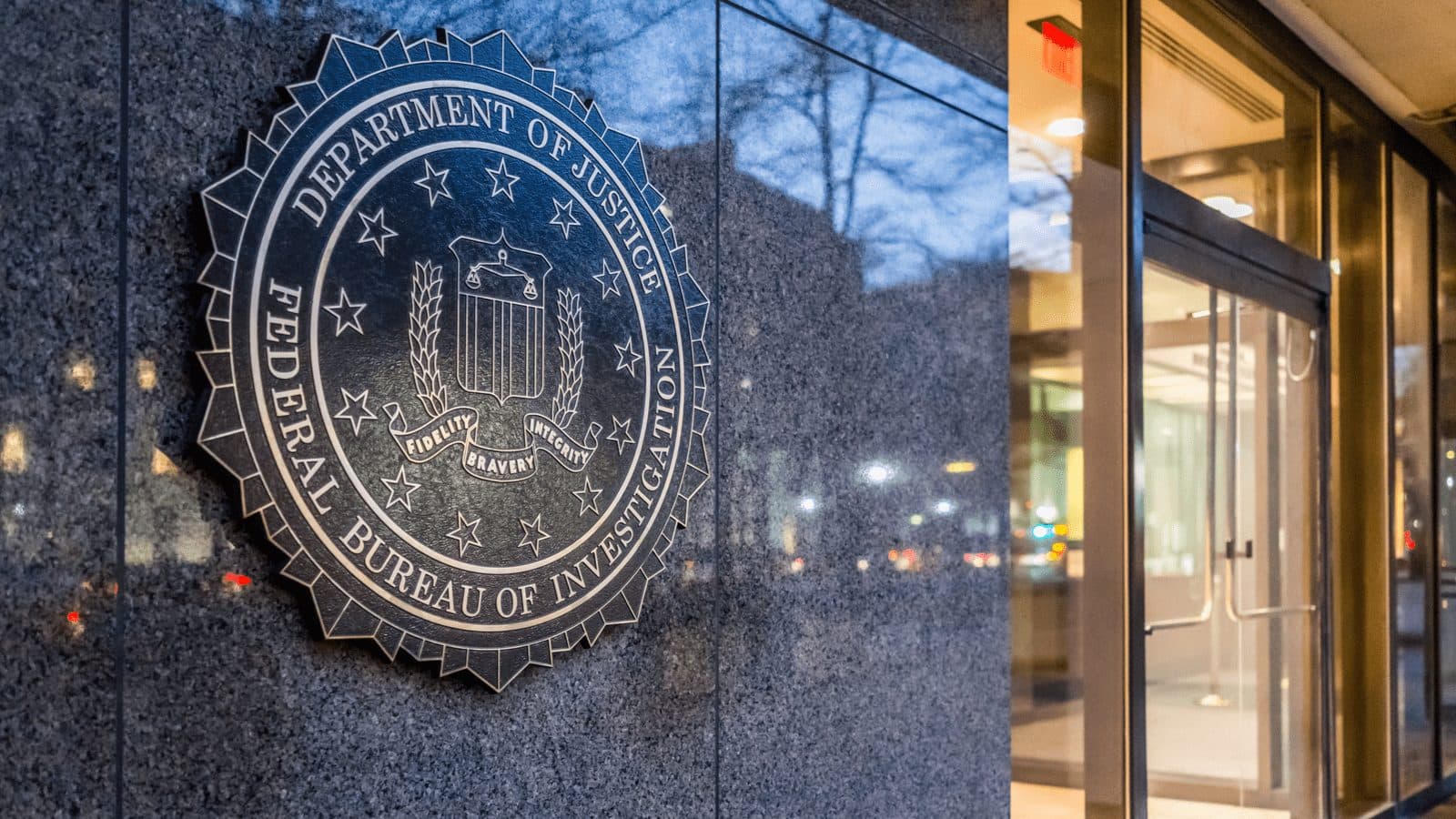DOJ Moves To Dismiss Tezos Staking Tax Case in Closely Watched Crypto Dispute
Industry participants were hoping the outcome would exempt unclaimed crypto staking rewards from taxes

Source: Shutterstock
- The Department of Justice claims the case should be dismissed because the refund has been issued
- The couple said in February they would refuse the tax refund offered
The Department of Justice has urged a judge to dismiss a Nashville couple’s bid to take a dispute over taxes related to unsold Tezos tokens to court.
In December 2021, the IRS offered to refund Joshua and Jessica Jarrett taxes paid on rewards gained — but not redeemed — from staking on the Tezos blockchain, the couple said. The Jarretts said they would refuse the refund of $3,793, plus $208.03 in interest, opting instead to try for a court ruling in their favor.
Industry participants have closely watched the outcome of the case, which has broad implications for the financing of crypto staking.
“The Jarretts’ suggestion that they can refuse a full refund to seek a ruling about the taxability of tezos reward tokens has no merit,” the Department of Justice wrote in a Friday court filing.
The Jarretts requested the refund in May 2021 for income tax paid in 2019 for the receipt of 8,876 Tezos tokens, according to a complaint filed on May 26, 2021.
At the time of the refusal, industry group Proof of Stake Alliance (POSA), a partial funder of the initial lawsuit, said that in turning down the reimbursement, the Jarretts set the stage for a wide-sweeping legal precedent.
“POSA, and the broad coalition it represents, applauds Jarrett’s decision to continue his lawsuit,” POSA said in a February statement. “He has rejected the IRS’s offer of a refund, opening up the possibility of a court ruling that will give him, and millions of other taxpayers in the same position, the ability to confidently plan for the future.”
The refund and dismissal — if it happens — still does not set a precedent in terms of tax clarity around staking more broadly, digital assets accountants say.
“[It’s] too early to say when staking income should be taxed or if you can rely on this case,” said Shehan Chandrasekera, and head of tax at crypto accounting firm Coin Tracker. “I’d default to the conservative approach [taxed at the time of receipt] until we get clear guidance.”
A spokesperson for the Jarretts and a representative for the Department of Justice did not immediately respond to a request for comment.
Get the news in your inbox. Explore Blockworks newsletters:
- The Breakdown: Decoding crypto and the markets. Daily.
- 0xResearch: Alpha in your inbox. Think like an analyst.






